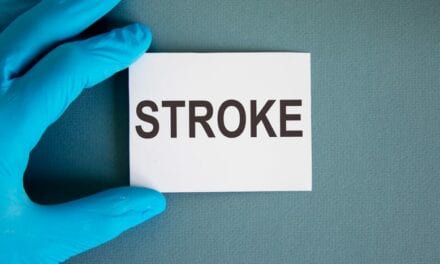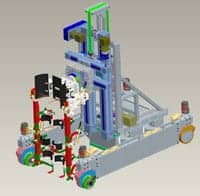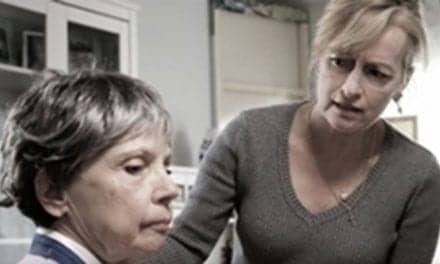
Patients who are using these new products are reporting improvement even years after their stroke, the company says.
A relatively low cost computer game-like system developed by scientists at New Zealand’s Crown Research Institute, Industrial Research Limited, and licensed to start-up company, Im-Able Ltd, uses a handlebar-like air mouse and a series of simple computer exercises to improve arm movements, coordination, and cognitive skills of patients with neurological or musculoskeletal impairment.
Sunil Vather, PhD, chief executive of Im-Able, says patients are reporting gains in function many years after their stroke injury. Already commercially available in New Zealand and Australia, Im-Able plans to seek FDA approval for the product during 2011.
Earlier-stage research at the University of Canterbury, Christchurch, New Zealand, under a program led by Professor Tanja Mitrovic is aimed at extending 16 years of research advances in the field of artificial intelligence and computer-based learning to helping patients improve their cognitive skills following a stroke. “We hope to use the knowledge we’ve gained in creating responsive computer-based learning environments for students at the university and high school level, to develop systems that can evaluate an individual stroke patient’s skills and respond with appropriately challenging tasks that help improve their attention and working memory,” Mitrovic said.
The multi-disciplinary research effort, which includes collaboration with Stellan Ohlsson, PhD, professor of psychology at the University of Illinois, Chicago, is supported by a Marsden Fund grant for fundamental scientific research from the Royal Society of New Zealand.
[Source: Im-Able]




